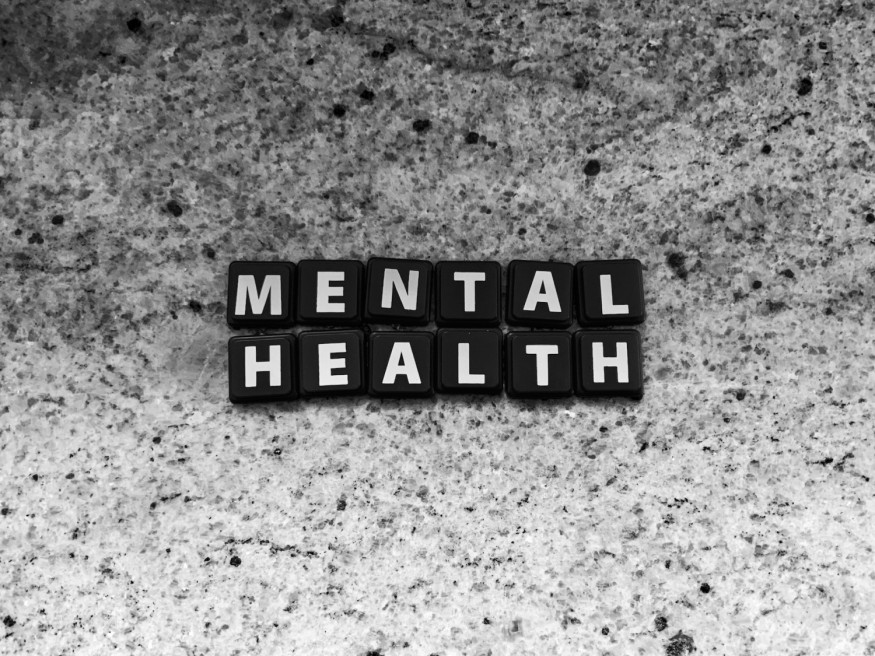
For decades, psychedelic drugs were seen as a path toward a mental breakdown. There were embellished tales of all kinds of accidents, dormant disorders, and psychological turmoil. This was never the whole truth, but it was widely accepted for years and propagated by the media, schools, and the medical field. Things are starting to change.
With a large amount of research being conducted on various psychedelic drugs, the nuanced truth is coming to light. Any drug has side effects, but there is viable evidence that psychedelics can be used medicinally for stunningly positive results. Below are some psychedelic substances that can be used in a clinical setting to treat mental health issues.
MDMA
Methylenedioxymethamphetamine, or MDMA, was previously known as a party drug. Originally called Ecstasy and later Molly, MDMA shows great promise in treating patients with post-traumatic stress disorder (PTSD). With clinically administered and professionally assisted MDMA treatment, people who struggle with PTSD can mitigate symptoms and live a happier, healthier life.
MDMA helps PTSD patients by allowing them to experience the trauma and separate it from the physical symptoms. MDMA therapy helps them process the traumatic events and disassociate themselves from the pain caused by trauma. It also makes the patient feel good, so they can remove feelings of pain and symptoms of PTSD to process trauma and move on from it effectively.
Psilocybin Mushrooms
Psilocybin, a chemical commonly found in "magic mushrooms," is an incredibly effective treatment for several mental health issues. There have been many small studies about how mushrooms can treat depression. It can stop the cycle of depressive symptoms and facilitate recovery.
Psilocybin impacts the amygdala of the brain, which controls fear, anxiety, and the release of adrenaline. It is less active when psilocybin is administered. It can mitigate anxiety as well. It is also effective with end-of-life patients and the acceptance of death. Considering there are many side effects of antidepressants, clinical psilocybin treatment could be an alternative. However, with all these things, more studies need to be conducted.
LSD
As early as the 1950s, LSD was studied for its positive effects on the brain and behavior. When it became a Schedule I drug, the messaging began to change. LSD is a powerful substance, and it can have all kind of benefits when used correctly.
First, LSD has shown promise in mitigating anxiety and depression. It can also decrease pain and discomfort. Several studies have suggested that it, like psilocybin, can help with terminal patients and the acceptance of immortality. LSD even has shown results as a treatment for addiction.
LSD is non-addictive, and while there can be side effects if taken too much or too often when a doctor administers LSD to a patient in a guided therapy session, there are many positive benefits. LSD was perhaps the drug most set back by propaganda and media messaging. In a clinical setting, it shows much promise.
Ketamine
Ketamine has become the focus of the mental health field for a long time. Ketamine therapy has shown that it can be quite effective for depression, anxiety, PTSD, OCD, and more. Already legal in some states, ketamine therapy allows patients to see into their disorders and engage with them. It is a form of treatment that has been quite effective in various studies. The ketamine revolution is just beginning, but it could be an effective treatment for people with various mental health issues.
Psychedelic substances are an unlikely but very welcome alternative to prescription drugs of the past. There are all kinds of side effects when it comes to traditional medications for depression, anxiety, bipolar disorder, PTSD, schizophrenia, and more. While psychedelics won't be used for every mental health ailment, more studies need to be done to determine how these substances can best be used in a clinical setting.
It's vital to take our mindset about these substances and change it. Of course, all these drugs can be used recreationally. However, in a clinical therapeutic setting, professionals can optimize the impact of patients taking these substances and maximize their benefits. It's a good part of mental health treatment that is just in the beginning stages. If you think one of these treatments is suitable for you, try online psychiatry and ask some questions about it!
Ryan Beitler is a writer and journalist who has covered mental health, substances, and addiction for years.
© 2025 ScienceTimes.com All rights reserved. Do not reproduce without permission. The window to the world of Science Times.












